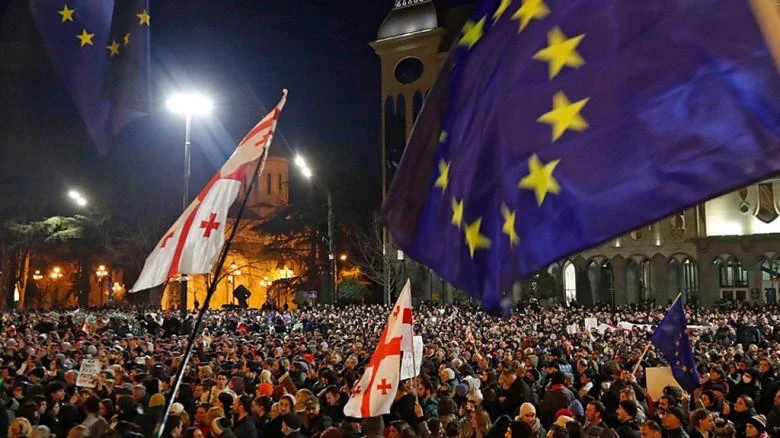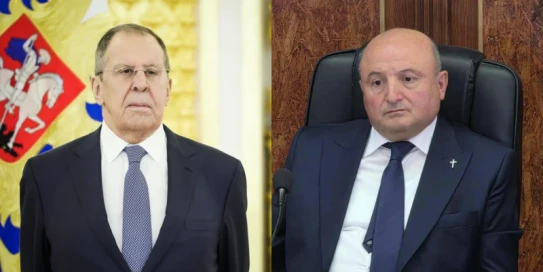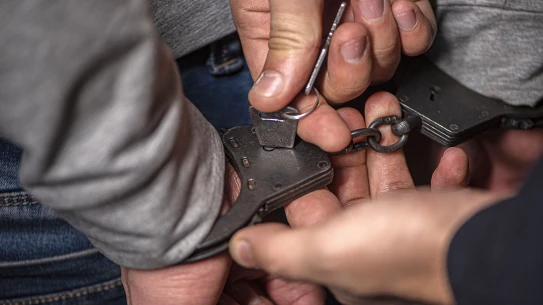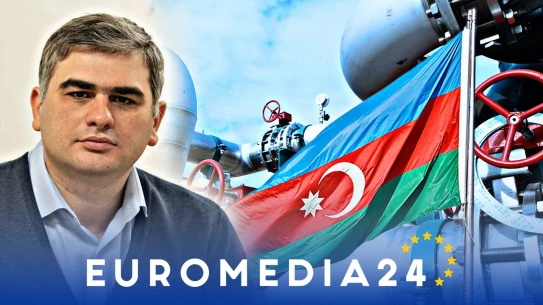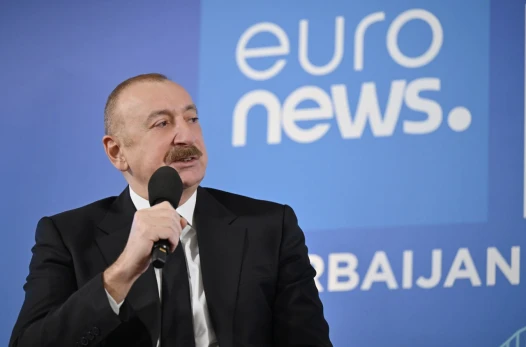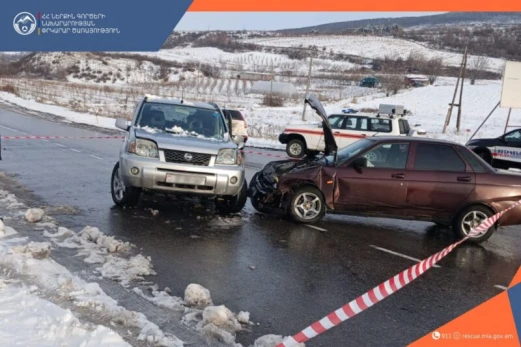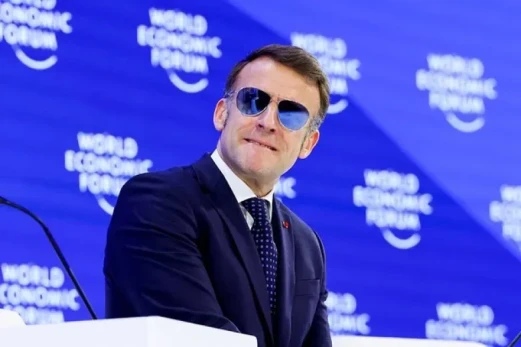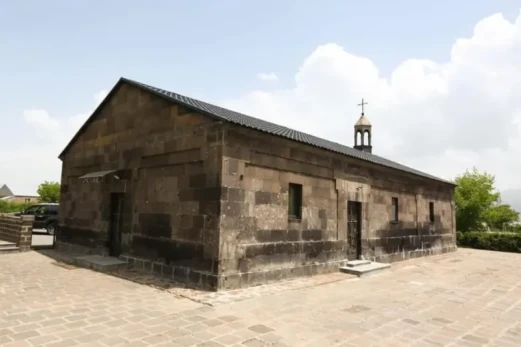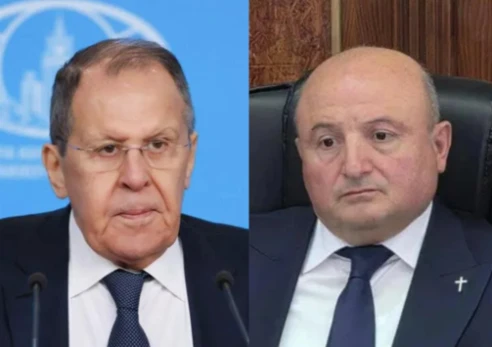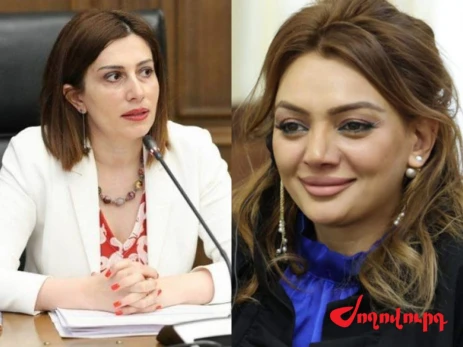"Fact" daily writes:
The main point of escalation of West-Russia contradictions continues to be Ukraine, but there are potential preconditions for the spread of tension in other post-Soviet countries. It is no coincidence that from time to time there were announcements from Ukraine and other Western countries about opening a second front against Russia. It is true that after the start of the Ukrainian conflict, the post-Soviet countries still managed to avoid being in the conflict zone between Russia and the West, but at the same time, such a prospect is not excluded, because the ground is being prepared for the creation of a new source of tension. And the dichotomy and deepening of polarization within the society is also a serious problem for these states, because the radicalization of pro-Western and pro-Russian people can even give rise to civil conflicts. In terms of social sentiments, it is interesting to observe the electoral process taking place in Modlova. Despite her best efforts, incumbent President Maya Sandu fell short of the 50 percent threshold, receiving just over 42 percent of the vote. The second round of presidential elections in Moldova will take place on November 3. But the analyzes made by the experts indicate that the political line taken by the pro-Western president of Moldova is not approved by the majority of the people. And it was not by chance that the European integration referendum held in the republic parallel to the presidential elections also confirmed that image. The number of those who voted in favor of EU integration barely exceeded 50 percent, with a difference of 12,000 votes, and that is even when there is talk of a dubious calculation and the inclusion of votes from the Moldovan diaspora. This picture shows that the West cannot be sure that Moldovans see their future within the European integration programs. The situation is also complicated in the case of Georgia, especially since there are regular attempts from the West to involve that country in operations against Russia. I promise that the parliamentary elections in Georgia on October 26 will be of crucial importance, particularly for the country's foreign policy course. The "Georgian Dream" ruling in Georgia is trying to protect the country from geopolitical upheavals, while the opposition is striving to lead Georgia on the path of Euro-Atlantic integration. But the Russo-Georgian war in 2008 has already shown that the West is guided only by its interests to harm Russia, and Georgia's interests are of little interest to it. From this point of view, Bidzina Ivanishvili, the founder of the ruling Georgian Dream party, made an interesting discovery, announcing that a high-ranking official representing one of the Western countries suggested to the former Prime Minister of Georgia, Irakli Gharibashvili, to start a three-four day war against Russia. And when Garibashvili countered that Georgians will be destroyed in a three-four day war, that official replied that there are 3-4 million Georgians, not all of them will be slaughtered in three-four days. All this shows that it is a primary task for the West to make the transition "through" Georgia to Armenia and push for anti-Russian actions, especially since the RA authorities are ready to throw themselves into the arms of the West at an opportune moment, even without any promises. The RA authorities have succeeded in instilling anti-Russian sentiments in our society. Accordingly, as we have had occasion to notice, the "price" of Nikol Pashinyan is increasing for the West against the background of increasing failures. It is even scary to think about the consequences of this woven knot.
ARTHUR KARAPETIAN
















